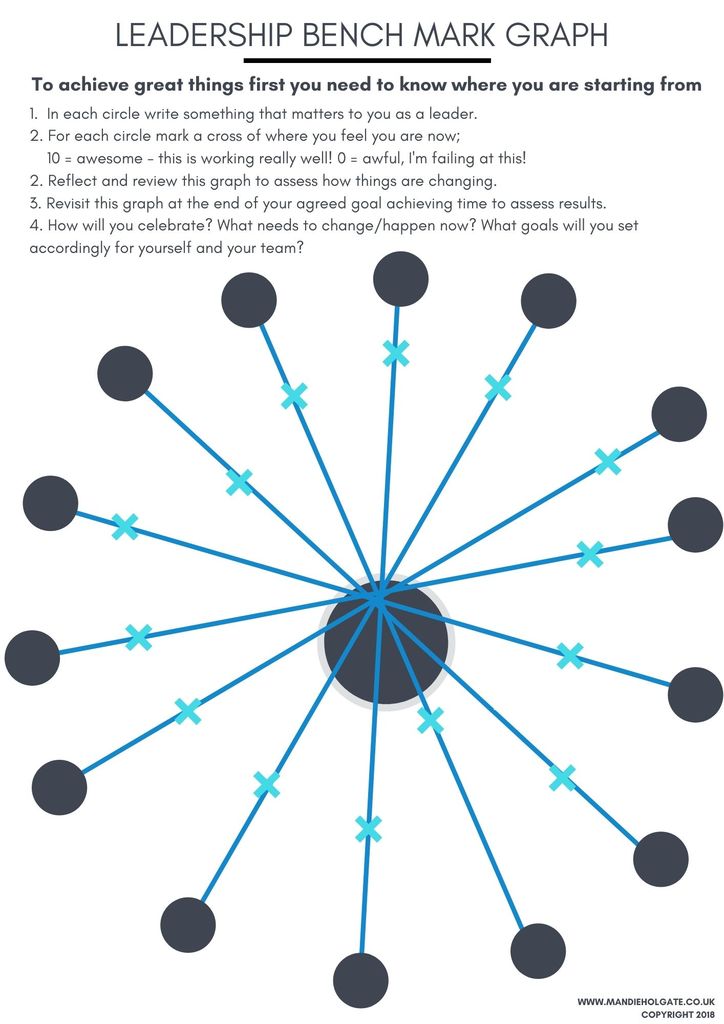Dealing with pressures on you and your team
There has never been more pressures on you and your team. Since March I’ve seen these issues increasing in teams and I’ve enabled them to create solutions to be adaptable, resilient, creative, less stressed and more productive.
Issues include;
- A dip in confidence and more of the dreaded imposter syndrome – in my experience the imposter syndrome can be fixed in 1 x 2 hour session. Click here to download the free eBook on fixing your Imposter Syndrome. And this website is packed with solutions to boost your confidence – not least this course. It is essential you deal with your staff and your own confidence issues because I see it impact on so many areas of business and performance.
- Overwhelm and emotional staff.
- Fire fighting and a need to find all the solutions for your team – a reduced ability to feel safe to think for themselves.
- Working too many hours.
- Increased responsibilities and demands on you and your teams time.
- Feeling guilty for not answering the phone or email straight away or taking breaks.
- A growing malignant acceptance that “This is just the way it is” and “We can’t do anything about it.”
- The boundary between personal and professional so blurred it’s hard to focus and meet deadlines or targets.
Here I will share advice, coaching strategies and further reading for you and your team to enable you to thrive in these working from home, challenging times.
Core essentials – How to achieve more every day with your team
Use this article to look at the what you, your team and organisation stand for. You need to accept and utilise the power of the science of each individual so you can then help them all to go down the same path but honouring the person they are. Sounds impossible right? With 1 concentrating on budgets, another on customer experience and another on KPI’s?
However when you can see how everyone thinks, acts, works and they see how you think, act, work, you can create a strategy that enables everyone.
This is critical in these challenging times so that people feel honoured and respected. Listened to and safe to say “Help!” or “What do you mean by that?” or “Can I make a suggestion on a better way here?”
Those water cooler moments are missing from our fast paced zoom/team overloaded days. This helps re-establishes these essential office ethics.
Mandie Holgate
You can use this article to help your team to understand how they manage their time and what they deem to be essential/urgent/the priority. Which leads us on to…
Not enough hours in your day? The 10 day week
This is something I created for a client who told me it didn’t matter if they had 10 days in a week their boss would still fill it! When we looked at their list of tasks we could see that there were tasks that were assumed to be essential that actually weren’t. We often add things to our to do list that honour who we are. So for instance if you are someone that worries what others will think, you are likely to spend valuable time emailing people when it is not necessary. A solution could be a quick word in the next meeting, establishing expected boundaries and you instantly could be saving time.
Got someone that copies everyone into everything? Have you considered they lack confidence and don’t want to risk upsetting the team or letting you down? Seeing things from a new perspective usually removes at least 25% of most people’s deemed essential tasks.
If you can’t find anything, then its’ highly likely you are assuming you have to do everything and there is not a better way.
There is, you just haven’t explored this to a deep enough level yet to discover it. This article explores what those hidden issues may be.
- Exploratory questions to ask yourself and your team to help understand how productive people are with their time.
- Who is setting the plan?
- Are you reactive or proactive?
- Does your plan of action have space for additional tasks or is every day packed? And why this is bad.
- Is there agreed quiet hours in the working week? How are they discussed, planned and observed?
- How will you review what actions you take and adjust accordingly?
How to keep you and your team motivated and productive
When you are all heading down the same path to the same goal research says that your team are far more likely to rise to any challenge when they feel like they helped create the plans and actions. (They will even do this with no pay rise as long as fundamental things like gratitude and respect are practiced – see we aren’t all money orientated?)
Therefore it’s imperative that you understand how to keep everyone (including yourself) motivated and productive, especially when they have to be self sufficient and work in an unnatural way to them. This article looks at how to achieve that, covering;
- Company ethos and communication policies.
- Boundaries and the confidence to speak up.
- Company Goals.
- How and why to stop panic and catastrophising.
- How to create and handle change.
- Creating the right level of structure for you – it won’t be the same for everyone and strategies to discovering what that looks like.
- Science of being you.
- Targets.
- Checking in and mentoring.
- Honesty not judgement; how to coach yourself and others.
- I’m just going to….how dangerous those 4 words are to your productivity
- Fear and lack of confidence – what you think they say and what they are really dealing with.
- Mindset and working environment.
- Commuting time is not owned by the company.
- Learning on others and lastly warning signs.
It greatly concerns me that absenteeism is going to rise due to poor mental health causing many physical health problems as well as increased anxiety and depression. Did you know that mental health conditions cost UK Businesses £8 billion every year and that’s a pre-Covid 19 year!
Reducing absenteeism
Here in this article we explore key strategies I use with teams to help them create a mental health tool kit, revisiting some strategies that you may recognise. Learn not to fight who you are and how being honest and communicating your needs will lead to greater resilience and adaptability.
If you fear doing this then item 4. Looking at guilt will be essential. I’ve never seen guilt be good for a person. Some negative emotions and feelings can force us to find a more powerful and better way of working. I’ve never seen guilt do this for a single client. https://www.mandieholgate.co.uk/howtoreduceabsenteeismtozero/
Team Spirit – how to kill it
And lastly when you face adversity and control seems to have been removed from your working life it can be hard to stay positive. Here we explore the key mistakes leaders make when engaging with their team and how to remove yourself from the equation so your team can be honest and get what they need at this challenging time.
I recommend that companies create a plan of action together. I usually hear it’s far harder to do in your organisation because you’ve got your own views, experiences, beliefs, values and expectations impacting on how you view what others see and feel. This often stops people from hearing what is actually going on, adding their own twist and perspection.
The above article will you help explore how different personalities may not fit well with yours and what you can do about it. (Without expecting a personality transplant!) It will help you explore better ways to phrase things and how if you aren’t dealing with these key areas that impact on what your team are saying and feeling can impact on inter departmental relationships, negativity and a feeling that we are all doomed!
No matter which articles you read or share with your team, ensure you don’t add more than a few actions on your plan to achieve it. 3 to 5 is plenty. It ensures momentum and continued accountability an action. This needs to also have a date in your diary to reflect and review.
A note on confidence
Ensure you don’t underestimate the dip in confidence can have on you and your team. There are so many articles on this site about boosting your confidence and what is the underlying cause it’s easier to use the magnifying glass to find what you need. Taking Control Of Your Mind and Fight the fear are 2 of my books that I know have a exceptionally high success rate in helping people build confidence, honour who they are get what they want in life.
Test and measure
By starting this process with “Where are we now?” you can look to see where the improvements are and aren’t and adapt your plan accordingly. I like a 1 to 10 scale. Because those that like the big picture right through to those that like the detail can get on board with this simple system. Here is an example of one that was created for a team. A benchmark graph can be a visual tool that everyone has a copy of and can compare over the weeks. It leads to a great follow up session of questions like;
- What did we notice?
- What impacted on results?
- Did you feel more in control?
- Did this help you to be more productive?
- Do you feel everyone was on board with this idea?
In this session the circles including the following words that mattered to them as leaders;
- Communication/Listening/Message.
- Visibility.
- Honesty.
- Flexibility.
- Belief/Trust.
- Availability.
- Boundaries.
- Knowledge.
- Vision.
- Consistency.
- Authentic/Be Yourself.
- Change.
- Processes.
- Resilience.

I would have added (personally but it wasn’t my list!)
- Accountability.
- Failure – the safety to.
- Role model – influence the ability to.
- Mindset.
- Outsourcing, delegation, automation.
This is an depth study of many coaching sessions looking at leadership, time management, increased productivity, KPI’s and team relationships. Let me know how you get on and what additional opportunities you would like for you and your team. I’d be happy to explore how we best create this.
(44) 1206 381482





